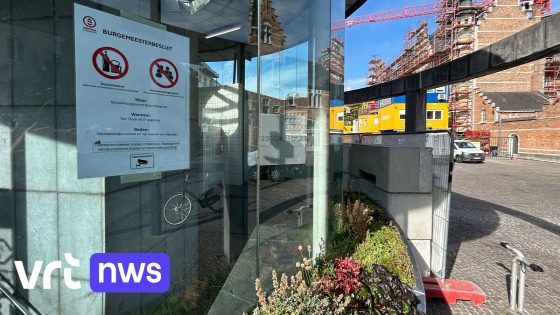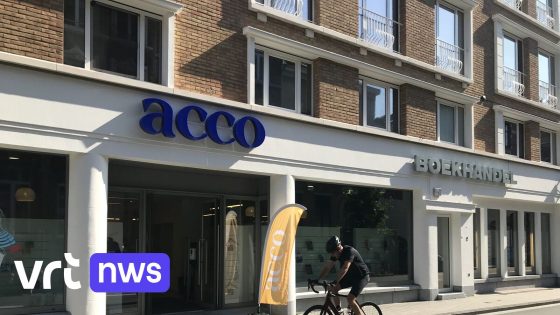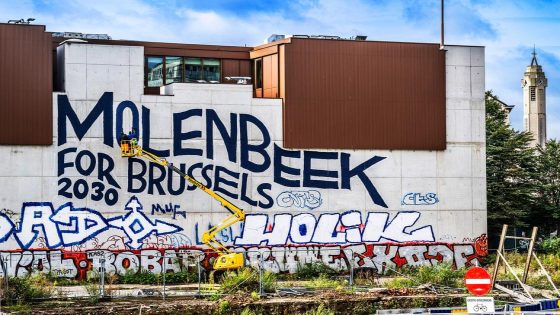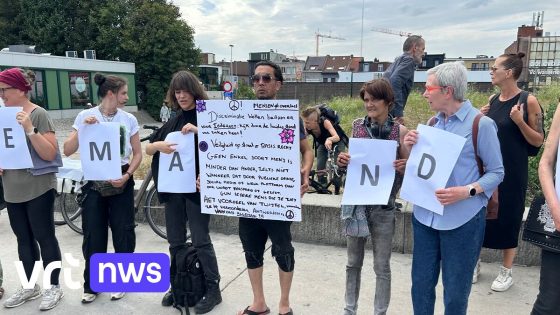Kortrijk has introduced a new regulation banning alcohol consumption and possession near Schouwburgplein until the end of August. This measure aims to tackle ongoing disturbances caused by groups of adults who frequently gather and sometimes overindulge in the area. The ban also prohibits gatherings of four or more people in this popular public space.
- Verbiedt alcohol drinken nabij Schouwburgplein tot augustus
- Beperk samenkomsten tot maximaal drie personen
- Richt maatregelen tegen overlast door hangouderen
- Hangouderen komen dagelijks samen en drinken soms
- Doel is verminderen van overlast en hinder
As of 2025-07-18 14:38:00, local authorities hope these restrictions will restore peace and improve the quality of life for residents and visitors alike. But will these measures be enough to curb the nuisance caused by so-called ‘hangouderen’—older adults who regularly loiter at the square?
Understanding the impact of this ban provides insight into how Belgian cities manage public order while balancing community needs. What alternatives could support both social interaction and public safety?
Is this approach a sustainable solution or just a temporary fix? The ban highlights key challenges in managing public spaces:
- Targeting alcohol-related nuisance without criminalizing social groups
- Balancing public order with freedoms of assembly
- Addressing the root causes of repeated gatherings and drinking in public
- Ensuring enforcement is consistent and community-supported
Moving forward, Kortrijk’s authorities and residents must evaluate the ban’s effectiveness and consider supportive social programs. Could collaboration between local government and community groups offer a long-term solution?
































